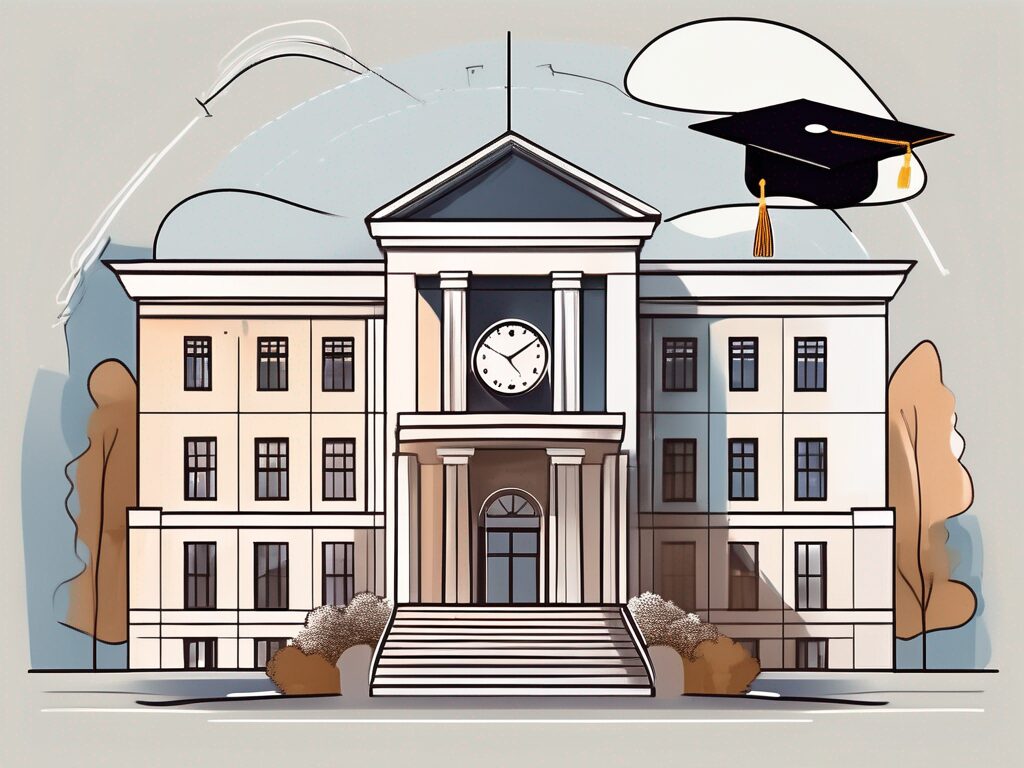Teaching in International Schools in Finland: A Comprehensive Guide for Educators
For educators considering a transformative career opportunity, teaching in international schools in Finland presents a unique and enriching experience. Renowned for its exceptional education system and high quality of life, Finland offers a distinctive environment for teaching professionals. This guide aims to provide essential insights into the Finnish educational landscape, the role of international schools, and the necessary steps to embark on this rewarding journey.
Overview of the Finnish Education System
Core Principles
The Finnish education system is characterized by its commitment to holistic development rather than a sole focus on academic performance. Key features include:
- Emphasis on Creativity and Critical Thinking: The curriculum fosters innovative thinking and problem-solving skills, akin to progressive educational models such as Montessori.
- Stress-Free Learning Environment: Finnish schools prioritize student well-being, offering shorter school days, reduced homework, and extended breaks.
- Focus on Individual Growth: The educational approach is designed to nurture the overall development of the child, promoting a balanced and enriching learning experience.
Teacher Autonomy and Professional Development
Teachers in Finland are held in high esteem, comparable to other esteemed professions such as medicine and law. They enjoy significant autonomy in their teaching practices, allowing for personalized instruction tailored to student needs. Furthermore, continuous professional development is a cornerstone of the teaching profession in Finland, ensuring educators remain at the forefront of educational advancements.
International Schools in Finland
Definition and Characteristics
International schools are educational institutions that provide a globally recognized curriculum in a multicultural setting. These schools typically serve a diverse student body and may follow curricula such as the International Baccalaureate (IB) or British educational standards. Key characteristics include:
- Multicultural Environment: Classrooms are composed of students from various nationalities, fostering a rich cultural exchange.
- Instruction in English: Teaching is primarily conducted in English, facilitating communication and collaboration among international staff and students.
Advantages of Teaching in International Schools
Teaching in international schools in Finland offers numerous benefits, including:
- Competitive Compensation: Salaries are generally favorable, often supplemented by benefits such as housing allowances and health insurance.
- Diverse Student Interactions: Educators gain invaluable experience working with students from varied backgrounds, enhancing their cultural competence and teaching methodologies.
- High Quality of Life: Finland is recognized for its excellent public services, stunning natural landscapes, and a safe living environment.
Pathway to Teaching in Finland
Required Qualifications
To secure a teaching position in an international school in Finland, candidates typically need:
- A Bachelor’s degree in education or a related field.
- A valid teaching qualification from their home country.
- Some institutions may require a Master’s degree or relevant teaching experience.
Job Search Strategies
Prospective educators can explore various avenues to find teaching positions in international schools, including:
- Direct applications to schools.
- Utilizing recruitment agencies specializing in international education.
- Searching online job boards dedicated to international teaching opportunities.
It is crucial to conduct thorough research on potential employers and understand the terms of employment before accepting any offers, as international schools in Finland maintain high standards for their staff.
Living in Finland: An Overview
Cultural and Lifestyle Insights
Residing in Finland offers a distinctive lifestyle characterized by:
- Work-Life Balance: The Finnish way of life emphasizes equilibrium between professional responsibilities and personal well-being.
- Natural Beauty: The country is renowned for its breathtaking landscapes, including vast forests, numerous lakes, and the captivating Northern Lights.
Potential Challenges
While living in Finland is rewarding, it is essential to acknowledge potential challenges, such as:
- The complexity of the Finnish language.
- Harsh winter conditions.
- Higher living costs in urban areas.
With adequate preparation and a positive mindset, these challenges can be effectively managed.
Conclusion
Teaching in international schools in Finland represents a significant opportunity for professional growth and personal enrichment. Educators can contribute to a progressive educational environment while experiencing the unique cultural and natural beauty of Finland. As you consider this path, remember that every journey begins with a single step. Initiate your planning and application process today to embark on this fulfilling adventure.
Enhance Your Teaching Career with IPGCE
For educators aspiring to teach in Finland’s esteemed international schools, the International Postgraduate Certificate in Education (iPGCE) offers a pathway to overcome qualification barriers and advance your career. This program is designed for teachers seeking to achieve or who have already attained Qualified Teacher Status. By enrolling in the iPGCE, you will not only enhance your professional credentials but also increase your prospects for interviews, promotions, and salary advancements. Join a global network of educators and deepen your understanding of international education systems. With flexible online study options, the iPGCE program seamlessly integrates into your professional life. Take the next step towards a rewarding teaching career in Finland and beyond. Enroll in the UK’s leading Teacher Training Course today and start making a meaningful impact.

